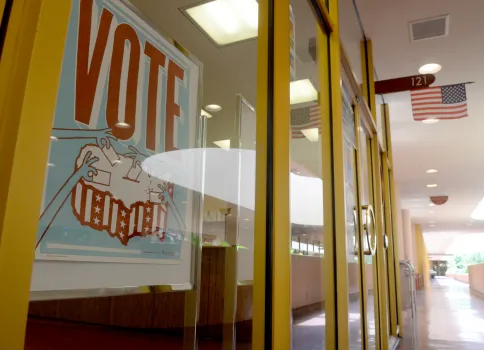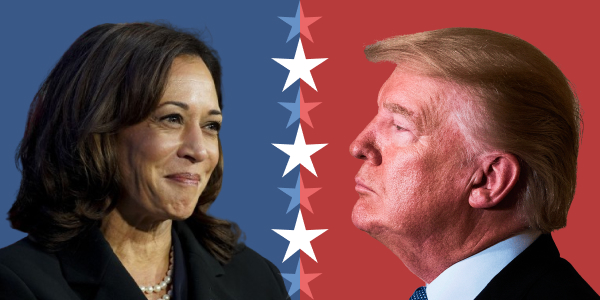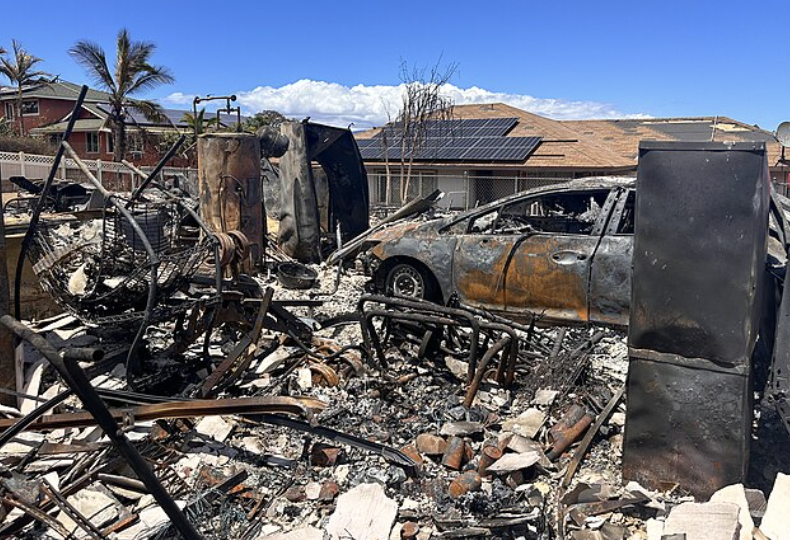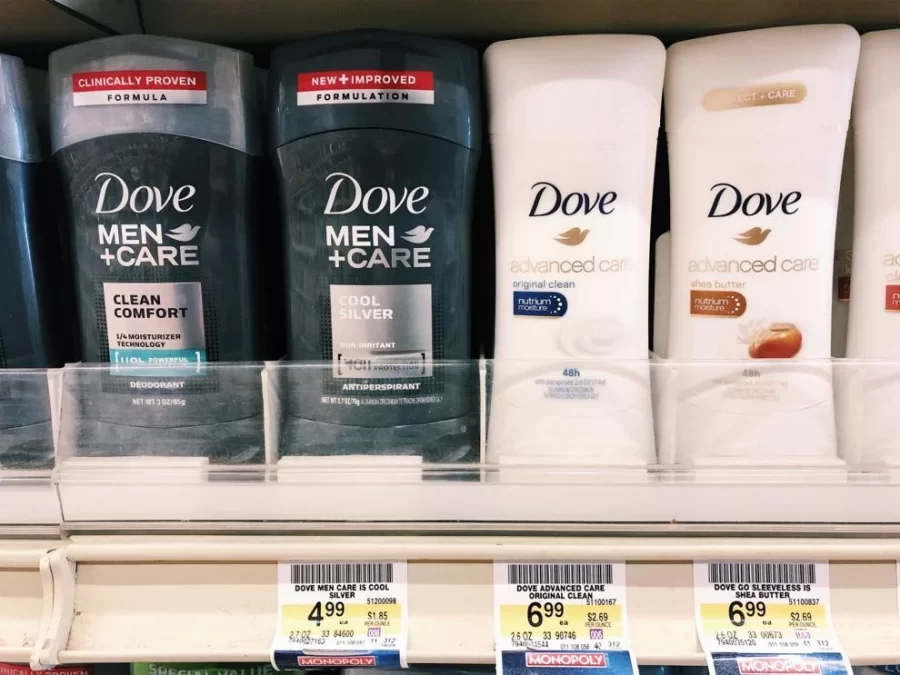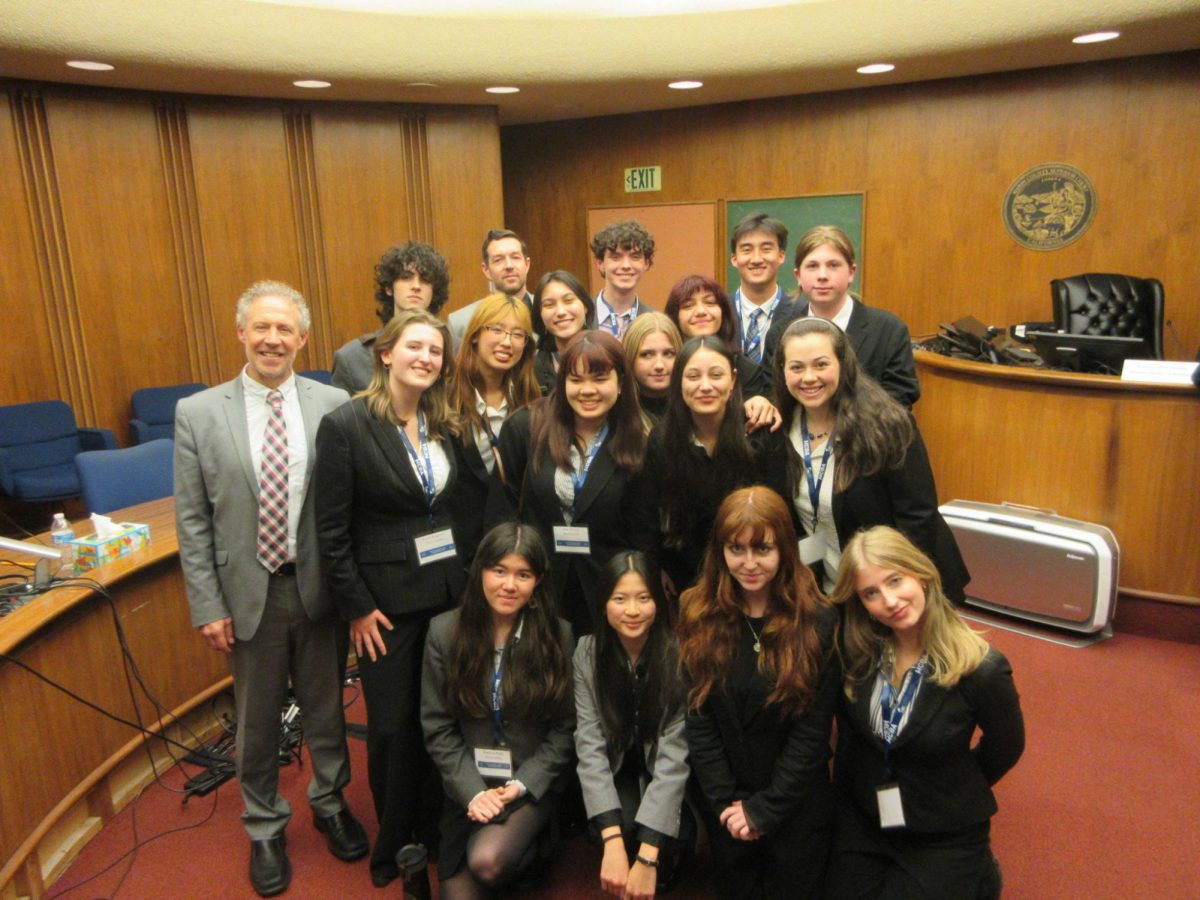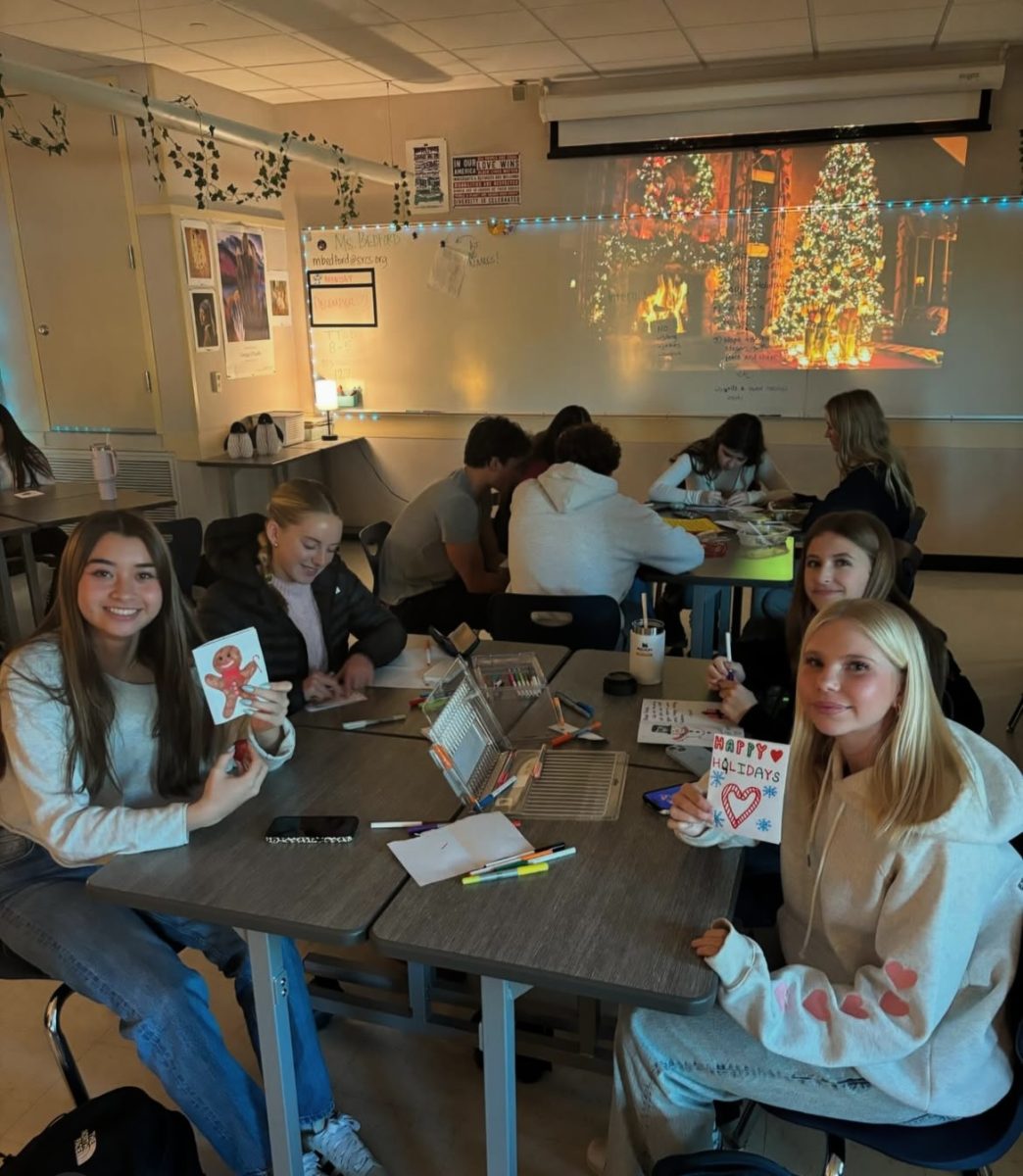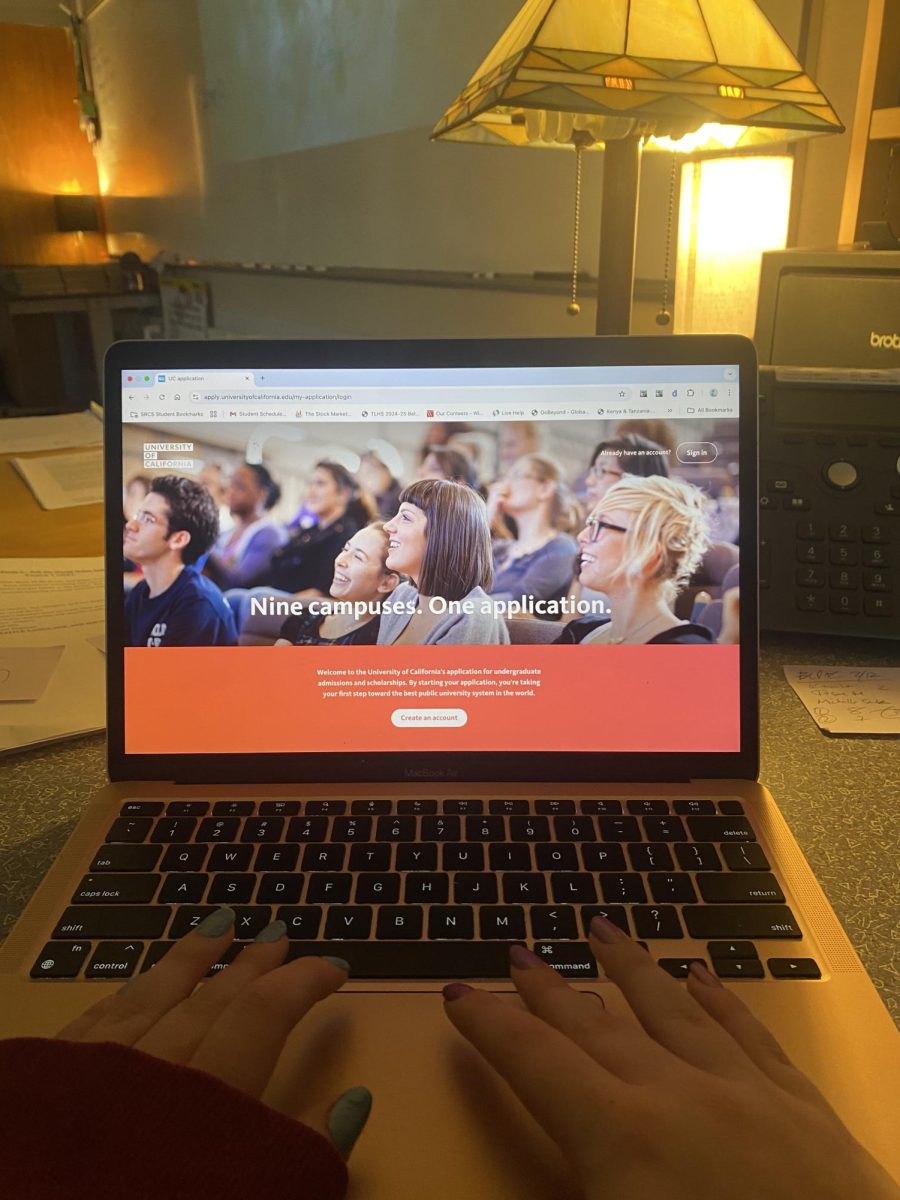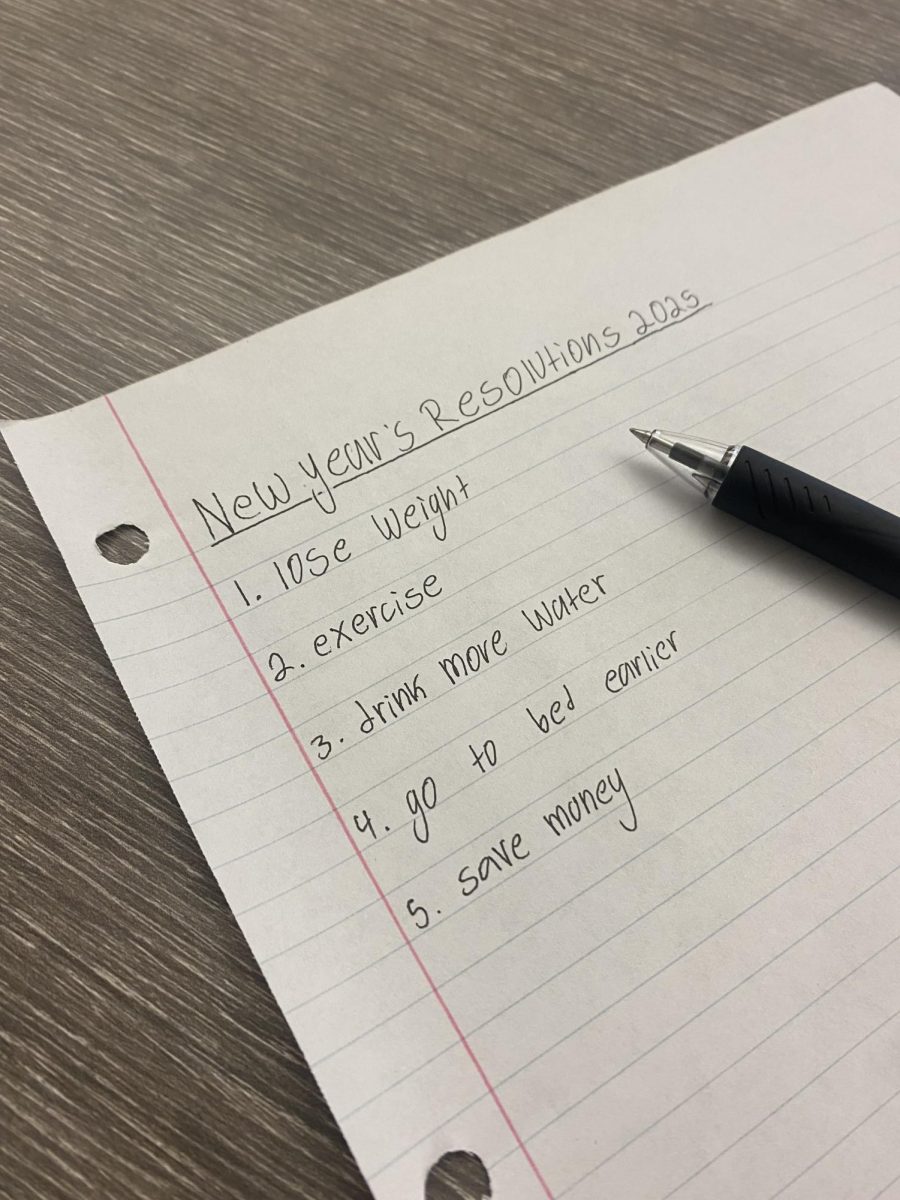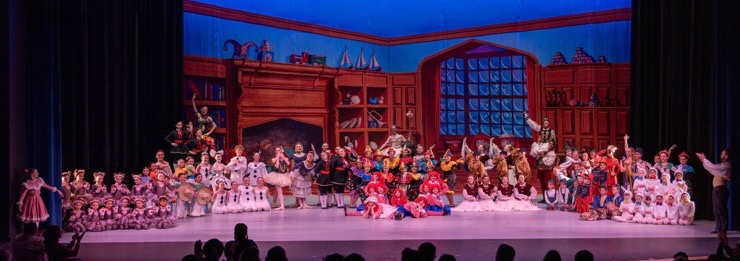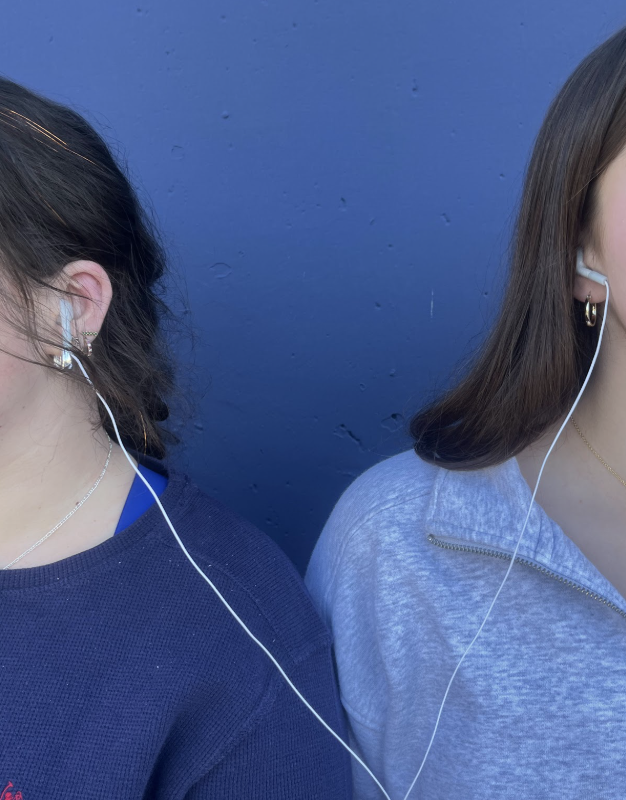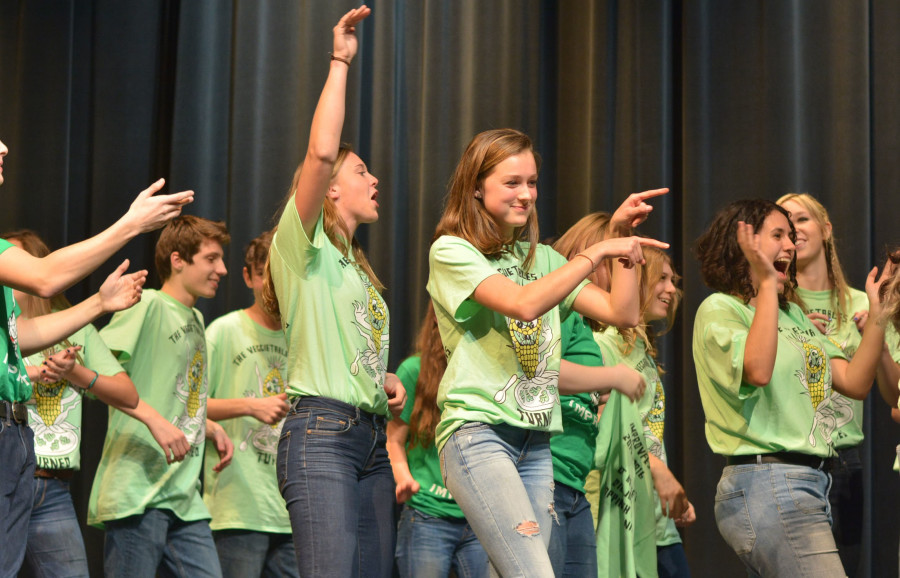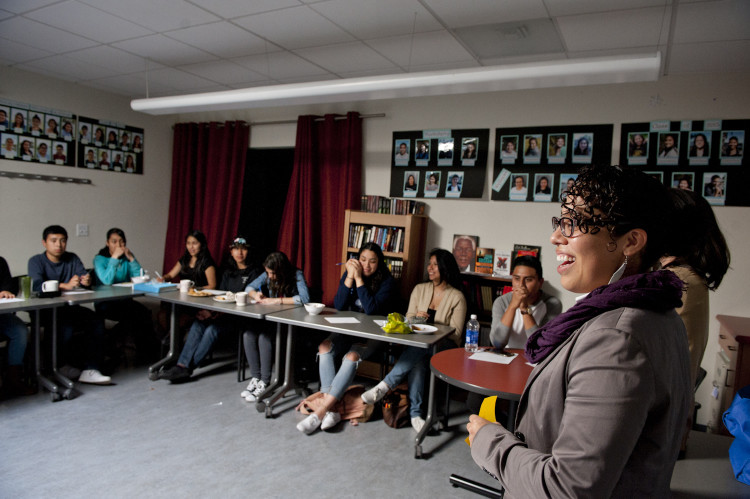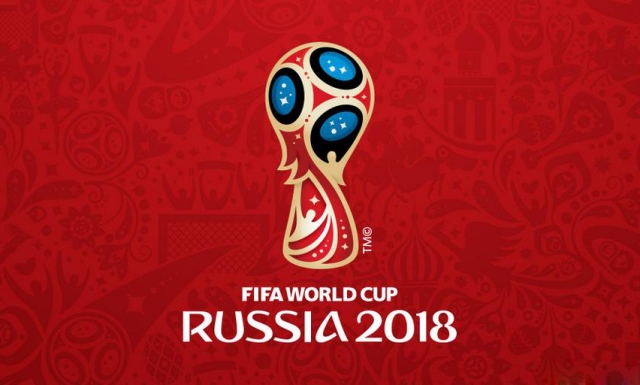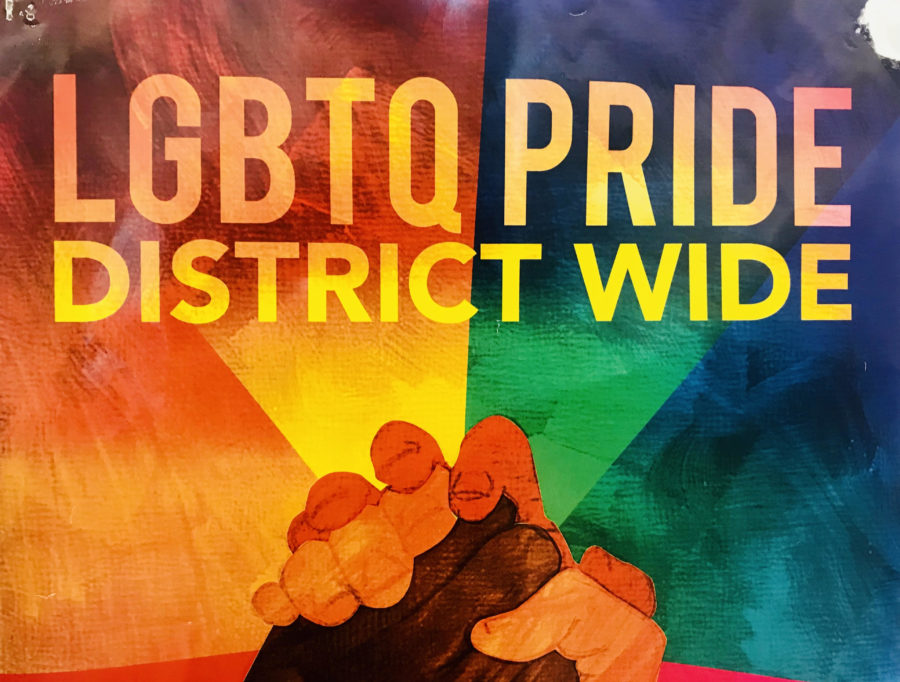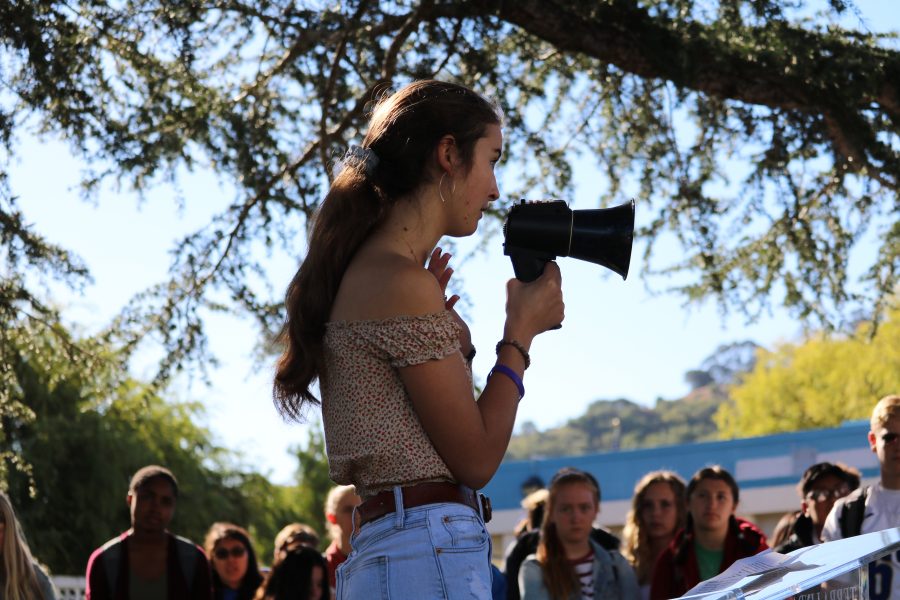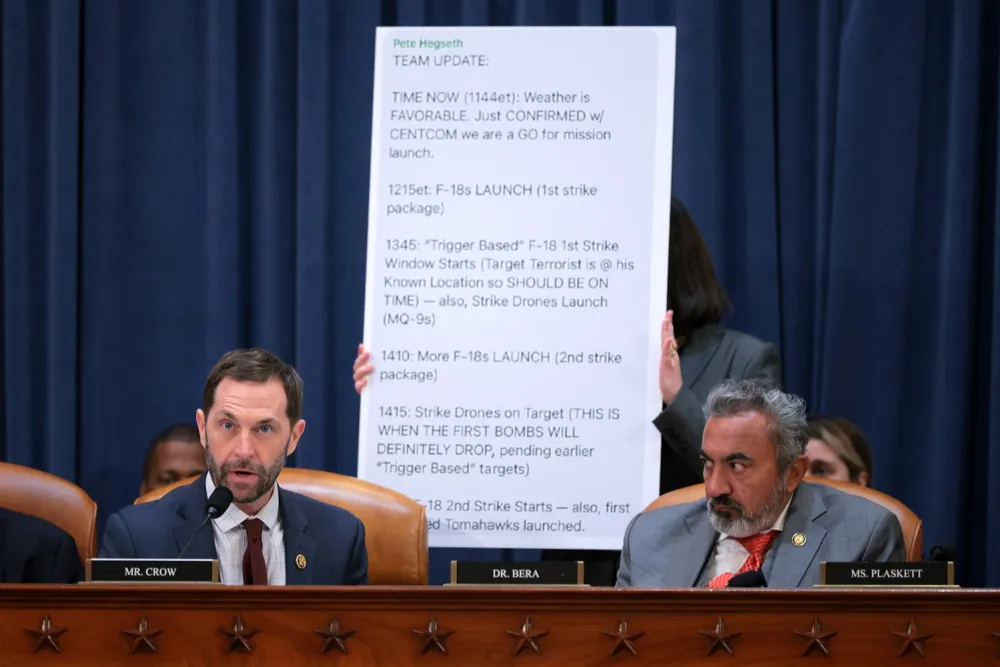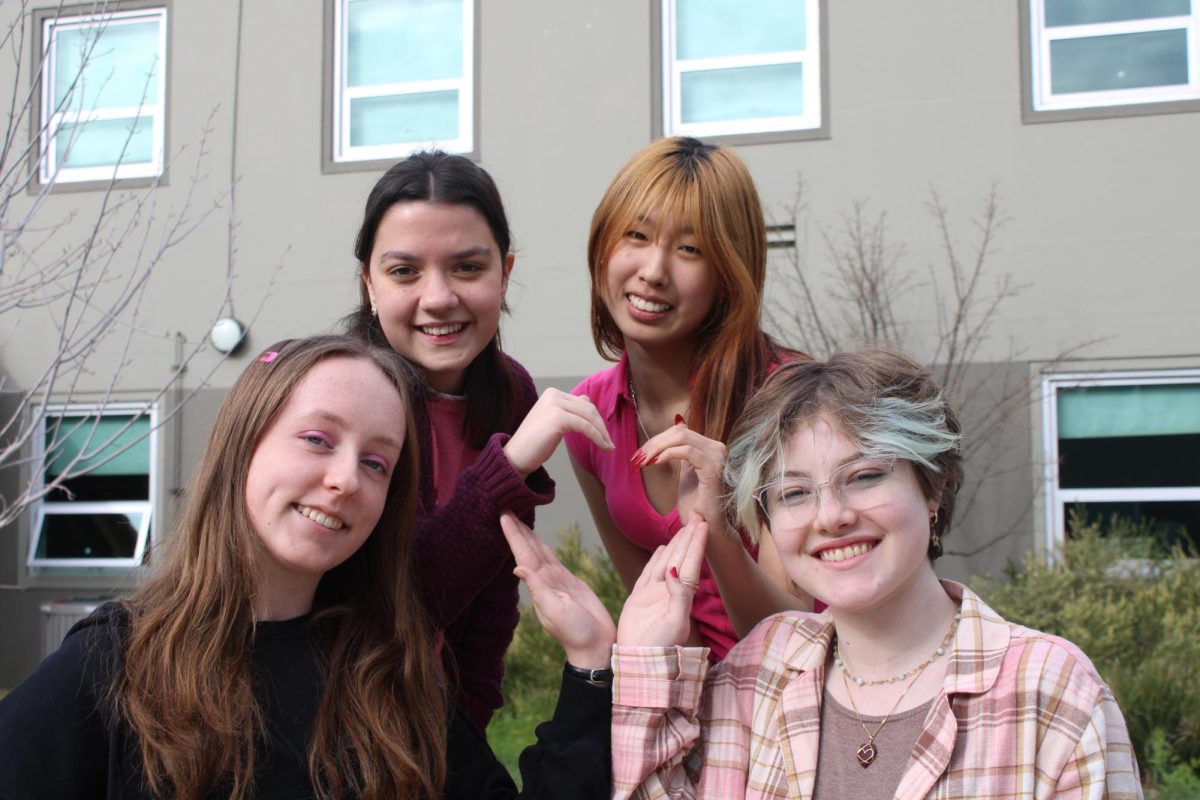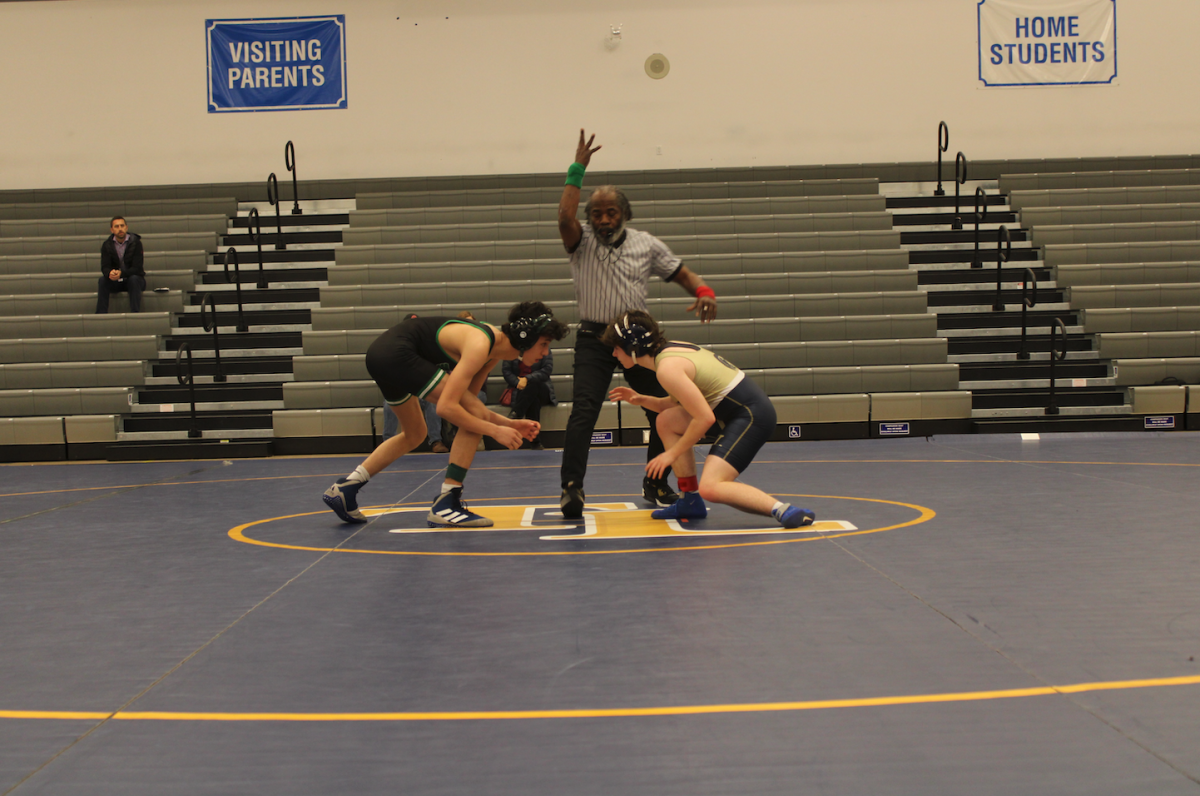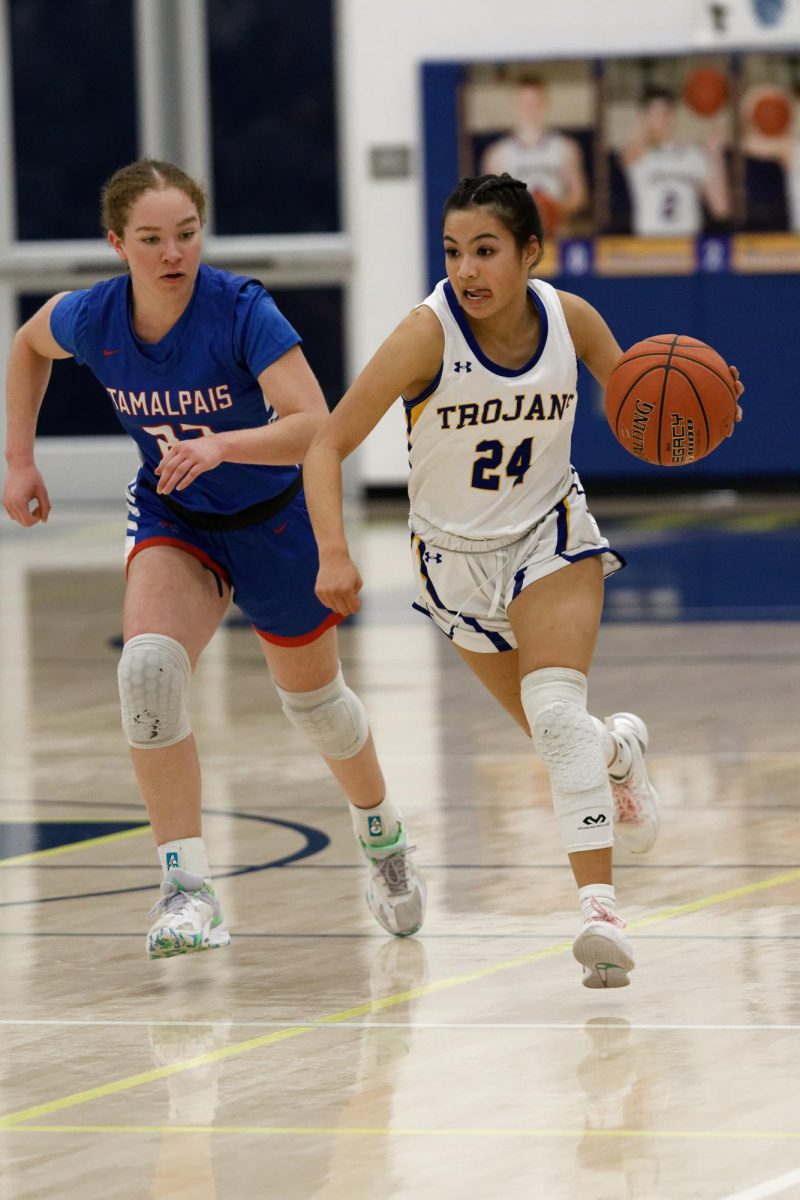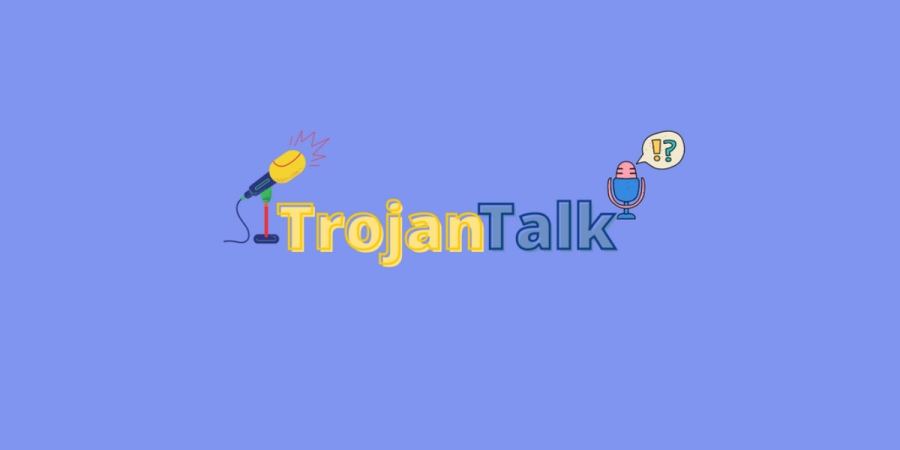Cultural Literacy
November 6, 2017
Can you put hara-kiri, FDA, or National Aeronautics and Space Administration into context? If not, according to E.D. Hirsch, you might be ignorant. E.D. Hirsch, the professor emeritus (a person retired from professional life but permitted to retain as an honorary title the rank of the last office held) of education and humanities at the University of Virginia, wrote a book on cultural literacy (the ability to analyse and understand a particular society or culture; familiarity with the customs and characteristics of a culture), titled Cultural Literacy: What Every American Needs to Know. His views in the book were mainly based on the ideals of dead white males, promoting racism. Outside of the book, conservatives seemed to like the idea that dead people still could impact culture, while liberals wanted to include more diverse voices. His book and views have been praised by conservatives, rejected by liberals, and mainly focused on the idea that cultural illiteracy was only common among those in poverty. Many people agree that the impoverished are culturally illiterate due to their limited exposure to common culture of the United States of America. Today, though, the impoverished are not the only ones to be culturally illiterate. His legacy is still praised for bringing this one fact to the forefront of the American consciousness: Americans have become ignorant.
Specifically, American teenagers have become more culturally illiterate than the rest of Americans. American teengers read much more fiction, rather than nonfiction. While fiction may be exciting, nonfiction is much more helpful in the long run. Reading nonfiction has been proven to help boost SAT (Standardized Aptitude Test) and NAEP (National Assessment of Educational Progress) scores. In 2010, the NAEP scores showed that only about one-third of American teenagers could read at the proficient level, which is equal to a 302 or higher.
American teenagers now show a high rate of ignorance to history as well. In January of 2008, as stated by The New York Times 1,200 American 17-year-olds were asked a series of questions about history and literature. About a quarter of this number were incapable of naming Adolf Hitler as the Chancellor of Germany at the time of World War II. In the same survey, only four out of every ten teenagers correctly pulled Invisible Man from a list of titles to fit the summary of the book (www.nytimes.com).
According to a survey taken by the American Press Institute, as one gets older, they tend to be interested in certain news topics more. For instance, 58 percent of people who are anywhere between the ages of 18 and 29 follow entertainment and celebrities. 46 percent of people who are ages 30-39 follow the same topic, and only 28 percent of 40-59 year olds follow entertainment and celebrities.
Keith Fleming, Terra Linda High School’s World Cultures teacher, stated of TL, “I think we have a decent level of cultural literacy for a community that has a lower level of cultural diversity. So we have some cultural diversity, we generally have a lot of affluent white students, we generally have a lot of Latino students, many of them immigrants, often from a lower socioeconomic status. And so, being that, we lack some other areas of diversity, I think our students in the community generally often have a pretty good amount of world knowledge, maybe compared to the average American teenager.” Cultural literacy and general knowledge about the world tends to escape the teenage mind due to a lack of exposure to many aspects of the world. As teenagers are stuck in high school, this prevents most from growing more culturally literate. Fleming has a game that he plays with his students at the start of the year to see how much they don’t know about the world. He asks a series of questions, for example, “Do you know who the leader of China is,” or “Do you know who Kanye West is?” According to Mr. Fleming, only about 5 percent of the teenagers that he questions can name the leader of China. By the senior year of high school, Mr. Fleming assumes that about 20 percent of students would be able to name the leader of China, currently Xi Jinping.
“And if we look at America in the context of mass imperialism and oppression, that’s something that they don’t really want their citizens to be particularly aware of. Going to war to funnel money into the pockets of the wealthiest one percent, it’s not something that the populous would probably support if they really had all of the facts,” Mr. Fleming goes on to say. The current administration probably doesn’t want the people to know that Paul Ryan, the current majority leader of the House of Representatives was key in a decision to cut funding (specifically, legal aid, community development, et cetera). All the while, this saves Big Oil companies 45 billion dollars in tax breaks, according to thinkprogress.org. This 45 billion dollars becomes easy profit for these companies. Conveniently, Paul Ryan invested in family companies that lease land to Big Oil, the same ones that profit from Paul Ryan’s idea to give those companies tax breaks. He raked in 683,583 dollars from Big Oil in 2016 alone. Even worse, Ted Cruz made 1,474,376 dollars from Big Oil in the same year, according to opensecrets.org. Ignorance in America, especially connected with teenagers who are easily influenced, could be linked to the fact that there are some controversial, hidden things happening in this country that the government may not want us to know about.
Cultural illiteracy and ignorance seem to be taking a greater hold on the United States of America as people transition from listening to well informed officials to celebrities and fake news. Our idols have become our outlet of current events, even though they aren’t as informed as an expert. We may listen to a celebrity talking about a hurricane, when we should be listening to hurricane specialists like Mark DeMaria, the Branch Chief of Technology & Science for the National Hurricane Center. We have become culturally illiterate because the majority of the population listens to people who aren’t properly informed, setting off a chain reaction of incorrect or garbled facts that is specifically known as fake news. Social media also allows teenagers to get caught up in their own world with no regard for the outside world. This allows teenagers to listen to celebrities and watch videos of people who have no idea what they are talking about. It should be a given that listening to well informed officials on any topic is much more important than listening to celebrities.



